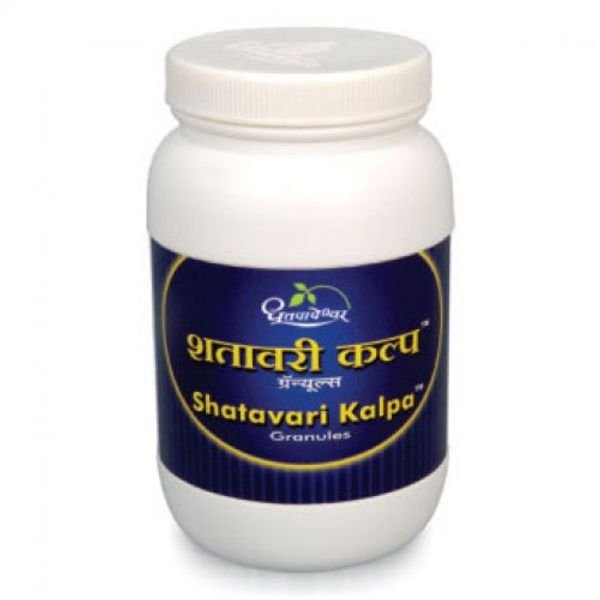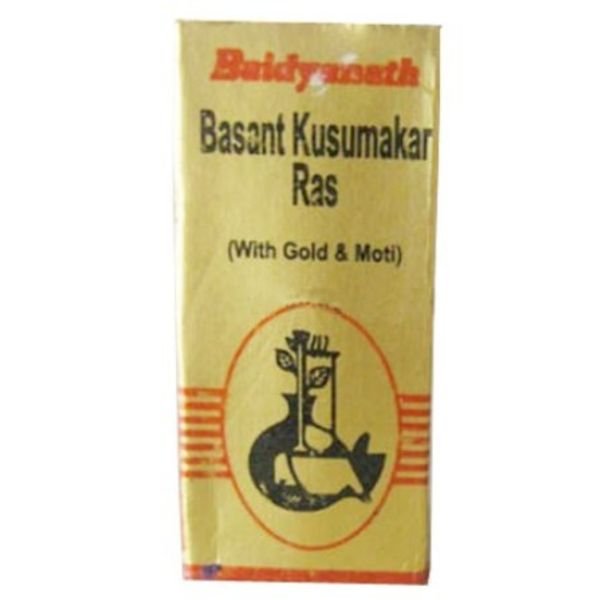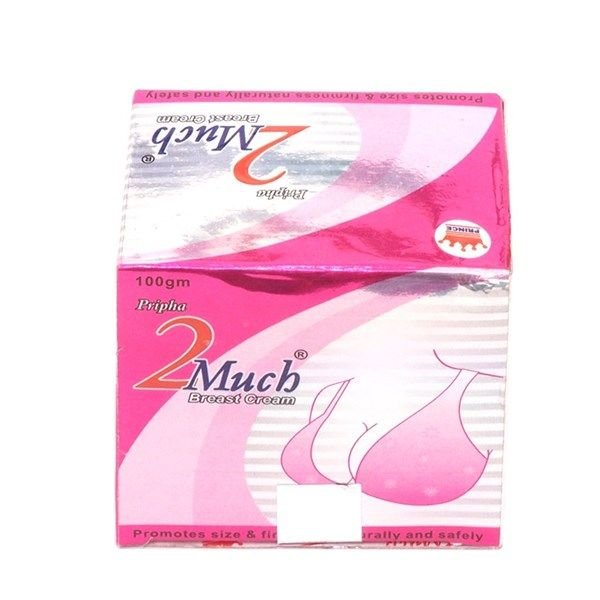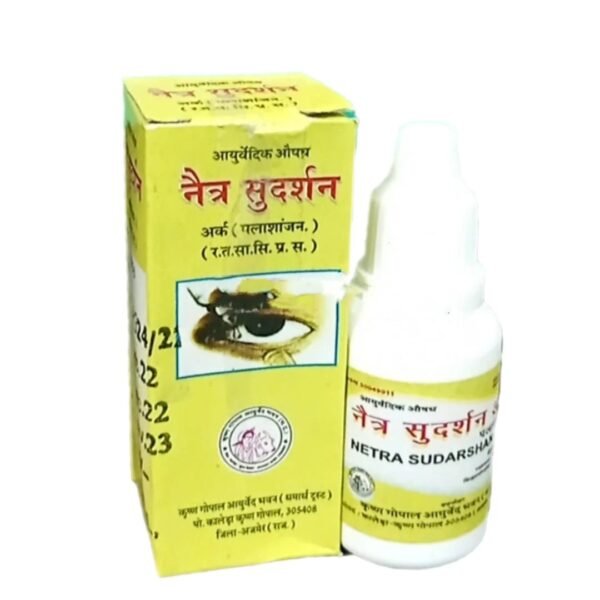Shatavari powder is a natural supplement that has been used for centuries to support women’s health. Many nursing mothers are now turning to Shatavari to help boost their breast milk supply. This article explores the benefits of Shatavari powder for lactation, how to use it, and what to expect.
Key Takeaways
- Shatavari is a traditional herb known for its benefits to women’s health, especially for boosting breast milk production.
- The active compounds in Shatavari help support lactation by balancing hormones and improving milk flow.
- Scientific studies suggest that Shatavari can effectively increase breast milk supply in nursing mothers.
- It’s important to follow the recommended dosage and consult a healthcare provider before starting any new supplement.
- Shatavari can be consumed in various forms, such as smoothies, teas, and meals, making it easy to include in your daily diet.
Understanding Shatavari and Its Benefits
Dhootapapeshwar Shatavari Kalpa 350gm
Shatavari Kalpa: It is indicated in Ayurvedic treatment of pregnancy and post partum care of the mother.During pregnancy & after
What is Shatavari?
Shatavari, also known as Asparagus racemosus, is a plant commonly used in Ayurvedic medicine. It is often referred to as the “queen of herbs” due to its wide range of health benefits. Shatavari is particularly known for its ability to support the female reproductive system. The plant’s roots are dried and ground into a fine powder, which can be easily added to various foods and drinks.
Historical Uses of Shatavari
Historically, Shatavari has been used for centuries in India and other parts of Asia. It has been a staple in traditional medicine for treating a variety of ailments, from digestive issues to hormonal imbalances. In ancient texts, Shatavari is often mentioned as a rejuvenating herb that promotes vitality and longevity.
Nutritional Profile of Shatavari
Shatavari is rich in essential nutrients that contribute to its health benefits. It contains a variety of vitamins, minerals, and antioxidants. Here is a quick look at its nutritional profile:
| Nutrient | Amount per 100g |
|---|---|
| Protein | 4.0g |
| Fiber | 3.0g |
| Vitamin C | 20mg |
| Iron | 1.5mg |
These nutrients work together to support overall health, making Shatavari a valuable addition to your diet.
How Shatavari Powder Supports Lactation
Active Compounds in Shatavari
Shatavari contains several active compounds that are believed to support lactation. These include steroidal saponins, which are thought to mimic estrogen, and alkaloids that may help in milk production. These compounds work together to enhance the body’s natural ability to produce breast milk.
Mechanisms of Lactation Support
The mechanisms by which Shatavari supports lactation are multifaceted. It is believed to stimulate the production of prolactin, a hormone essential for milk production. Additionally, Shatavari’s adaptogenic properties help reduce stress, which can positively impact milk supply.
Scientific Studies on Shatavari and Breast Milk
Several scientific studies have explored the effects of Shatavari on breast milk production. One study found that mothers who took Shatavari supplements experienced a significant increase in milk volume compared to those who did not. Another study suggested that Shatavari could improve the nutritional quality of breast milk, providing more essential nutrients to the baby.
Shatavari’s potential to boost lactation naturally makes it a valuable supplement for nursing mothers. Its ability to enhance milk production and improve milk quality offers a dual benefit for both mother and child.
Incorporating Shatavari Powder into Your Diet
Shatavari powder can be a helpful addition to your diet when looking to boost lactation naturally. It is important to be mindful of the recommended dosage for lactation and to consider the best ways to consume Shatavari powder. While incorporating Shatavari into your meals, it is essential to be aware of any potential side effects and take necessary precautions. Choosing high-quality Shatavari powder from trusted brands and suppliers is crucial for its effectiveness.
Comparing Shatavari with Other Lactation Supplements
Shatavari vs. Fenugreek
Shatavari and fenugreek are both popular for boosting breast milk. Shatavari is known for its gentle nature, while fenugreek can sometimes cause digestive issues. Nursing mothers often choose based on their body’s response.
Shatavari vs. Blessed Thistle
Blessed thistle is another herb used to support lactation. Unlike shatavari, which is soothing, blessed thistle can be more stimulating. Each herb has its own benefits, and some mothers find one works better than the other.
Combining Shatavari with Other Herbs
Many mothers combine shatavari with other herbs for better results. Mixing it with fenugreek or blessed thistle can enhance its effects. Always consult a doctor before trying new combinations.
When choosing between these supplements, consider how your body reacts and consult a healthcare professional for personalized advice.
Real-Life Experiences with Shatavari Powder
Testimonials from Nursing Mothers
Many nursing mothers have shared their positive experiences with Shatavari powder. One mother mentioned that using Baidyanath Shatavari granules for women significantly boosted her milk supply. Another mother noted that she felt more energetic and less stressed after incorporating Shatavari into her diet.
Expert Opinions on Shatavari for Lactation
Experts in the field of lactation often recommend Shatavari for its natural benefits. They highlight its role as a natural galactagogue, which means it helps increase milk production. Some experts also point out that Shatavari can support overall hormonal balance, which is crucial for lactating mothers.
Case Studies and Anecdotal Evidence
Several case studies have shown promising results with Shatavari powder. In one study, mothers who took Shatavari reported a noticeable increase in milk volume within a week. Anecdotal evidence also supports these findings, with many mothers sharing stories of improved lactation and better overall well-being after using Shatavari.
Shatavari powder has been a game-changer for many nursing mothers, offering a natural way to boost milk supply and improve overall health.
Where to Buy Quality Shatavari Powder
Trusted Brands and Suppliers
When looking for Shatavari powder, it’s important to choose trusted brands and suppliers. This ensures you get a product that is both safe and effective. Some well-known brands include Organic India, Banyan Botanicals, and Himalaya. These companies have a good reputation for providing high-quality herbal supplements.
Organic vs. Non-Organic Shatavari
Choosing between organic and non-organic Shatavari can be tricky. Organic Shatavari is grown without synthetic pesticides or fertilizers, making it a healthier option. However, it can be more expensive. Non-organic Shatavari is usually cheaper but may contain residues from chemicals used during farming. Weigh the pros and cons to decide which is best for you.
Tips for Choosing High-Quality Shatavari Powder
To ensure you’re getting the best Shatavari powder, consider these tips:
- Check for certifications like USDA Organic or Non-GMO Project Verified.
- Read customer reviews to see what others are saying about the product.
- Look for powders that are free from additives and fillers.
- Pay attention to the packaging; it should be sealed and free from damage.
Always consult with a healthcare provider before adding any new supplement to your diet, especially if you are pregnant or nursing.
Shatavari Powder Recipes for Lactation
Shatavari Smoothie Recipes
Shatavari smoothies are a delicious way to boost your milk supply. Blend a teaspoon of Shatavari powder with your favorite fruits, a cup of milk or a milk alternative, and a spoonful of honey. This makes a tasty and nutritious drink that can help support lactation.
Shatavari Tea for Breast Milk
Making Shatavari tea is simple. Boil a cup of water and add a teaspoon of Shatavari powder. Let it steep for 5-10 minutes, then strain and enjoy. This tea can be a soothing way to incorporate Shatavari into your daily routine.
Incorporating Shatavari into Meals
You can also add Shatavari powder to your meals. Sprinkle it into soups, stews, or even your morning oatmeal. This is an easy way to get the benefits of Shatavari without changing your diet too much.
The ayurvedic herb is known to be helpful for breastfeeding mothers. Lactating mothers should talk to their doctor before using Shatavari in the form of powder.
Discover the benefits of Shatavari powder for boosting lactation with our easy-to-follow recipes. Shatavari is a natural herb known to support milk production in nursing mothers. Ready to try it out? Visit our website for more details and start your journey to better health today!
Conclusion
In conclusion, Shatavari powder offers a natural and effective way to boost breast milk production. This herbal remedy has been used for centuries and is backed by both traditional wisdom and modern research. For new moms looking for a safe and natural option, Shatavari powder could be a great choice. Always remember to consult with a healthcare provider before starting any new supplement. With the right guidance, Shatavari powder can be a helpful addition to a breastfeeding mother’s routine.
Frequently Asked Questions
What is Shatavari?
Shatavari is a plant that has been used in traditional medicine for a long time. It’s known for its health benefits, especially for women.
How does Shatavari help with lactation?
Shatavari contains natural compounds that can boost milk production in nursing mothers. It helps balance hormones and supports the body’s ability to produce more breast milk.
Is Shatavari safe to use while breastfeeding?
Yes, Shatavari is generally safe for breastfeeding mothers. However, it’s always a good idea to talk to your doctor before starting any new supplement.
How should I take Shatavari powder?
You can mix Shatavari powder into smoothies, teas, or even meals. The recommended dosage can vary, so it’s best to follow the instructions on the product or ask a healthcare provider.
Are there any side effects of Shatavari?
Shatavari is usually safe, but some people might experience mild side effects like upset stomach or allergic reactions. If you notice any adverse effects, stop using it and consult your doctor.
Where can I buy quality Shatavari powder?
You can find Shatavari powder at health food stores, online retailers, and some pharmacies. Look for trusted brands and consider choosing organic options for the best quality.
-
Product on sale
 Baidyanath Basantakusmakar Ras (SMAY) (25 tab)Original price was: ₹2,020.00.₹1,349.00Current price is: ₹1,349.00.
Baidyanath Basantakusmakar Ras (SMAY) (25 tab)Original price was: ₹2,020.00.₹1,349.00Current price is: ₹1,349.00. -
Product on sale
 2 Much Brest Cream 100gm and 2much capsule free insideOriginal price was: ₹350.00.₹315.00Current price is: ₹315.00.
2 Much Brest Cream 100gm and 2much capsule free insideOriginal price was: ₹350.00.₹315.00Current price is: ₹315.00. -
 Netra Sudarshan Ark Eye Drops (15ml) | Kaleda₹30.00
Netra Sudarshan Ark Eye Drops (15ml) | Kaleda₹30.00 -
Product on sale
 Parth Sandha Oil/Sanda Oil/Sande ka tel 15ml combo of 6 packsOriginal price was: ₹1,944.00.₹599.00Current price is: ₹599.00.
Parth Sandha Oil/Sanda Oil/Sande ka tel 15ml combo of 6 packsOriginal price was: ₹1,944.00.₹599.00Current price is: ₹599.00. -
Product on sale
 2Much Brest Cream 100gm combo of 2 packsOriginal price was: ₹700.00.₹630.00Current price is: ₹630.00.
2Much Brest Cream 100gm combo of 2 packsOriginal price was: ₹700.00.₹630.00Current price is: ₹630.00. -
 Condom₹460.00
Condom₹460.00 -
Product on sale
 Durex Extra Ribbed – 10 Condoms (Pack of 1)Original price was: ₹269.00.₹242.00Current price is: ₹242.00.
Durex Extra Ribbed – 10 Condoms (Pack of 1)Original price was: ₹269.00.₹242.00Current price is: ₹242.00. -
Product on sale
 Durex Air – 10 Condoms 10s (Pack of 1)Original price was: ₹269.00.₹249.00Current price is: ₹249.00.
Durex Air – 10 Condoms 10s (Pack of 1)Original price was: ₹269.00.₹249.00Current price is: ₹249.00. -
Product on sale
 Name Tha New Height Veda is a scientifically formulatedOriginal price was: ₹1,999.00.₹899.00Current price is: ₹899.00.
Name Tha New Height Veda is a scientifically formulatedOriginal price was: ₹1,999.00.₹899.00Current price is: ₹899.00.










